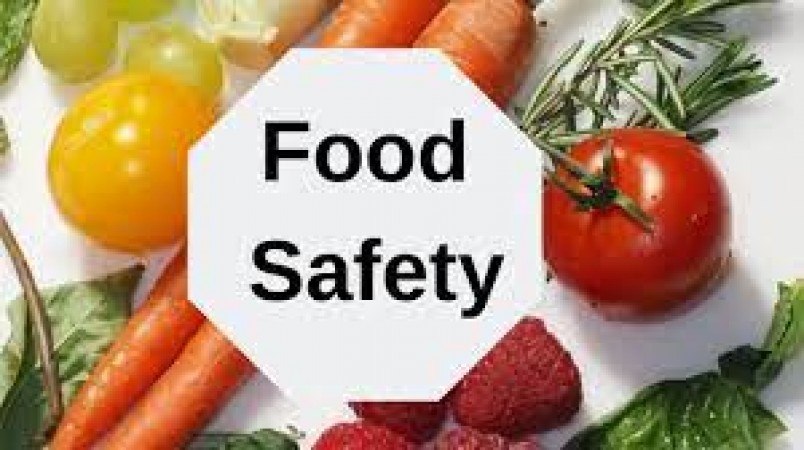
Food safety is of paramount importance in the agricultural industry. From farm to fork, it is crucial to ensure that the food we consume is safe and free from contaminants. This article aims to provide valuable insights and practical tips on food safety in farming. By following these guidelines, farmers can contribute to a healthier and safer food supply chain.
2. Importance of Food Safety: Food safety is vital for several reasons. Firstly, it protects consumers from foodborne illnesses, which can have severe health implications. Secondly, it safeguards the reputation and credibility of farmers and the agricultural industry as a whole. Lastly, it promotes public trust in the food system, which is essential for sustainable agriculture.
3. Hygienic Practices in Farming: Maintaining hygiene on the farm is crucial to preventing contamination. Farmers should regularly wash their hands with soap and water before and after handling produce or livestock. They should also clean and sanitize equipment, tools, and surfaces to minimize the risk of microbial contamination.
4. Crop Protection and Pest Management: Implementing effective crop protection strategies is essential for ensuring food safety. Farmers should use approved pesticides and follow the recommended dosage and application methods. Integrated Pest Management (IPM) techniques can help reduce reliance on chemicals and promote sustainable pest control.
5. Safe Handling of Livestock: Proper handling of livestock is critical to minimizing the risk of foodborne pathogens. Farmers should provide clean and comfortable housing for animals, ensure access to clean water, and feed them high-quality, balanced diets. Regular veterinary checkups and appropriate vaccination programs are also important.
6. Storage and Transportation of Agricultural Products: Maintaining the quality and safety of agricultural products during storage and transportation is essential. Farmers should store perishable items at appropriate temperatures and humidity levels. They should also use clean and sanitized containers and vehicles to prevent cross-contamination.
7. Good Agricultural Practices (GAPs): Good Agricultural Practices (GAPs) are a set of guidelines that farmers can follow to ensure food safety. These practices cover various aspects such as soil management, water quality, waste management, and worker health and hygiene. By adopting GAPs, farmers can minimize the risk of contamination and produce safer food.
8. Ensuring Food Safety at Farmers' Markets: Farmers' markets are popular venues for selling fresh produce directly to consumers. It is crucial to maintain food safety standards in such settings. Farmers should practice proper hygiene, provide adequate refrigeration for perishable items, and clearly label their products with relevant information, such as allergens.
9. Implementing Food Safety Programs: Establishing and implementing food safety programs on the farm can help farmers meet industry standards and regulations. These programs should include regular monitoring and testing for contaminants, traceability systems, and proper record-keeping. Farmers can seek guidance from local agricultural authorities or professional consultants to develop effective programs.
10. Ensuring Compliance with Food Safety Regulations: Farmers must stay updated on food safety regulations and ensure compliance. They should be aware of relevant laws and guidelines related to pesticide usage, handling of livestock, labeling requirements, and food processing practices. Compliance not only ensures consumer safety but also avoids potential legal issues.
11. Educating Farmers and Consumers: Education plays a crucial role in promoting food safety. Farmers should stay informed about the latest research, technologies, and best practices in food safety. They can attend workshops, seminars, or online courses to enhance their knowledge. Additionally, educating consumers about proper food handling, storage, and cooking practices can further contribute to overall food safety.
Food safety is a shared responsibility between farmers, regulators, and consumers. By implementing proper hygiene practices, following good agricultural practices, and staying informed about food safety regulations, farmers can contribute to a safer and healthier food supply chain. Together, we can ensure that the food we consume is safe, nutritious, and free from contaminants.
High-BP patients can drink these healthy drinks and keep their blood pressure under control
Rainy Season Desserts and Baking Recipes
Include these 4 immunity boosters in your diet to stay healthy this monsoon